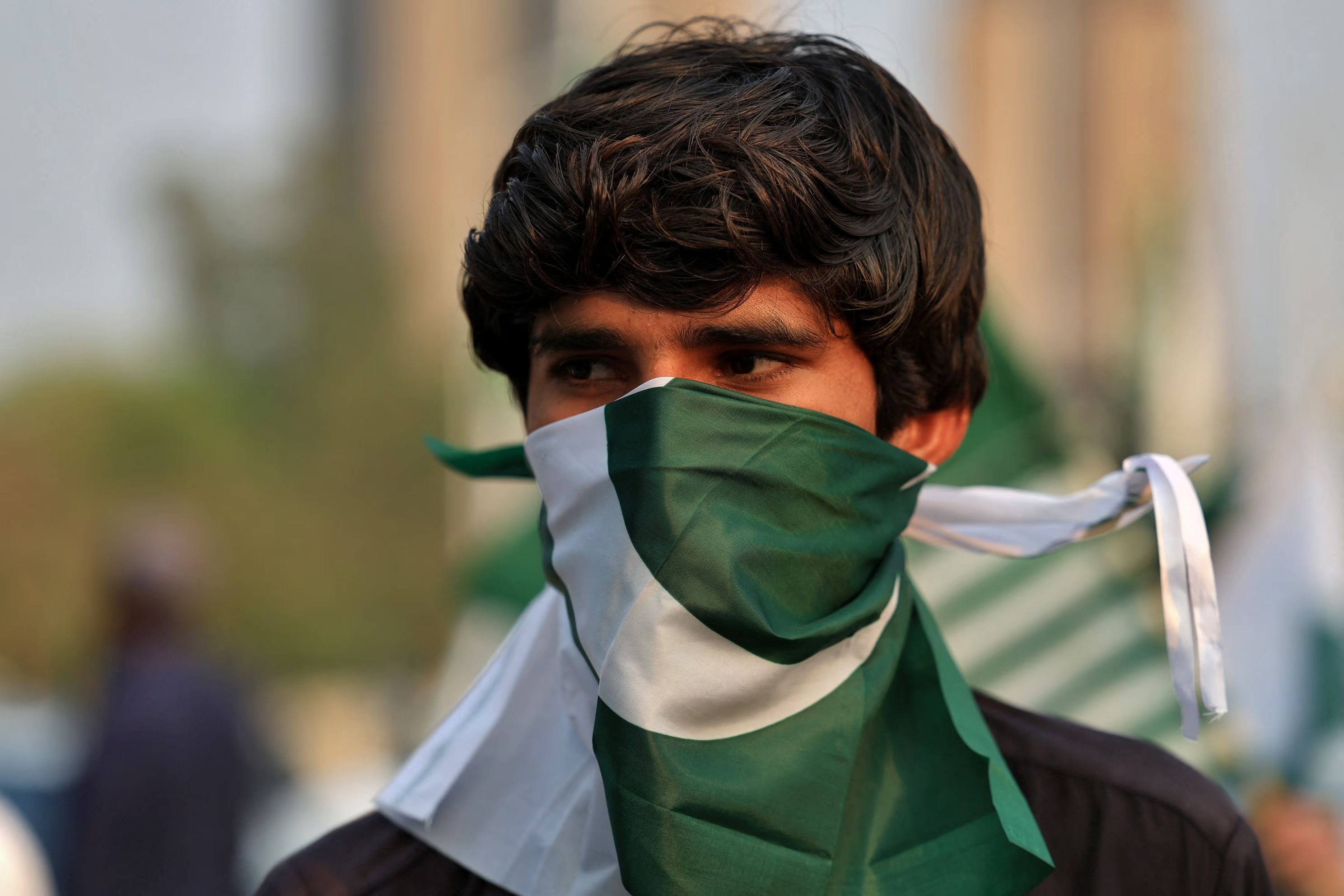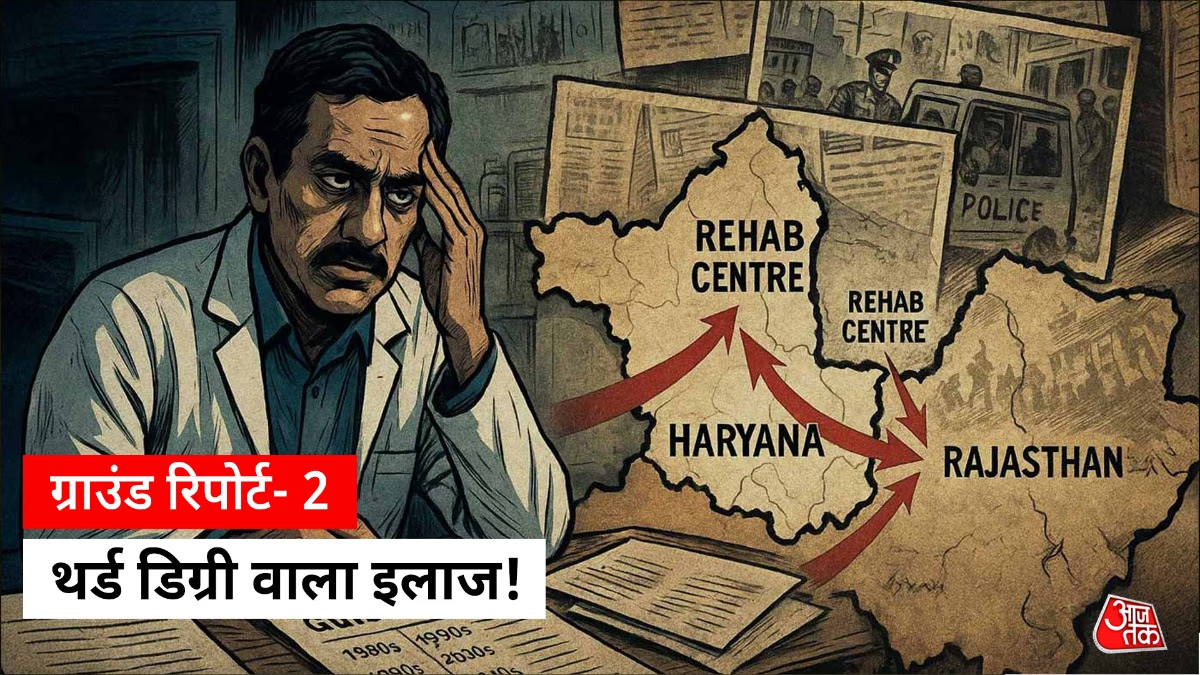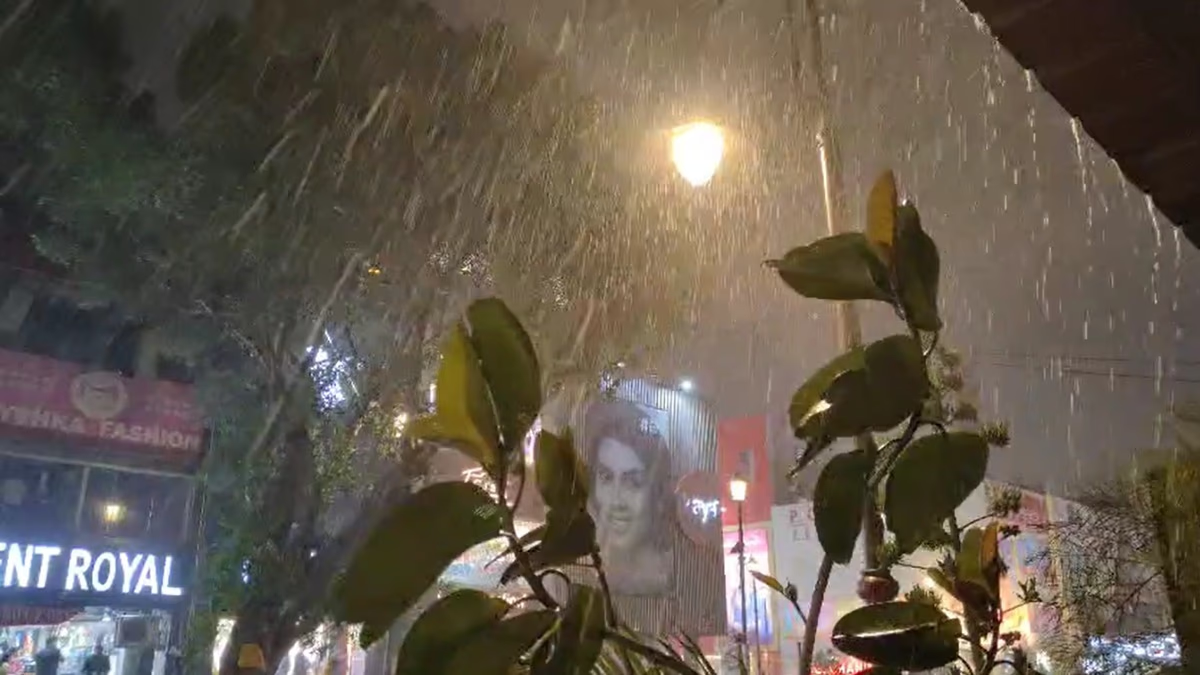Pakistan's economy is in dire straits, relying heavily on borrowed funds. Despite harboring terrorism, the country fails to provide basic amenities to its citizens, fueling rebellion in multiple regions. Balochistan has already declared its independence from Pakistan's control, and now, the flames of revolt are kindling within the Sindh province.
Protests for Sindh's Liberation
Nationalist groups and common people in Sindh accuse the Pakistani government of human rights violations and are unwavering in their demand for freedom. Advocates for Sindh's liberation recently took to the streets, calling for the release of Sindhi prisoners unlawfully detained in Pakistani jails. The Jai Sindh Freedom Movement (JSFM) has voiced a demand for Sindh's release from Pakistan's grasp.
Related Reading:
Those involved with the movement allege that Sindh nationalists are wrongfully incarcerated. The ongoing repression, marked by abductions and intimidation attempts, fuels their demand for the immediate release of activists. Protesters have warned the government of escalating movements throughout the province if their demands are unmet.
Freedom Movement leaders in Sindh assert their protests remain peaceful, emphasizing their fight for rightful autonomy. Until Sindh is recognized as an independent nation, their peaceful demonstrations will persist. They have also appealed to global institutions like the UN, Amnesty International, and Human Rights Watch for intervention.
The movement for Sindh's sovereignty is longstanding, with persistent allegations against the Pakistani government for cultural erasure and rights denial. Like in Balochistan, allegations of judicial killings and suppression loom heavy in Sindh. The government faces accusations of deliberately stifling Sindh's cultural identity.
Declaration of Balochistan's Independence
Balochistan's call for independence has grown more intense. Recently, activist Meer Yar Baloch declared Balochistan's sovereignty on social media, requesting recognition as a separate nation and appealing to the Indian government to establish an embassy in Delhi.

Source: aajtak
In their struggle for autonomy, Baloch fighters have harassed the Pakistani government and military. The Baloch Liberation Army's recent hijacking of the Jaffer Express and the subsequent attack reportedly resulted in 90 military casualties. Balochistan's residents, long alleging discrimination, have formed a militia to pursue independence.
Related Reading:
Baloch leaders accuse Pakistani authorities of exploiting resources without benefiting locals, fuelling rebellion. During the 1947 partition, Balochistan was an independent entity unaligned with either India or Pakistan. However, Pakistan forcefully annexed this resource-rich area, sparking persistent opposition.
Treachery in Gilgit-Baltistan
Rebellion echoes through Gilgit-Baltistan, part of Pakistan-administered Kashmir (PoK), with extremist groups naming their prospective new nation—Balawaristan, 'land of heights.' The name reflects the region's mountainous geography. Despite being a potential tourism hub, the Pakistani government neglects it, sparking demands for independence.
Related Reading:
Pakistan treats Gilgit-Baltistan's residents as second-class citizens, with policies crafted in Islamabad barely reaching the region. Essential goods arrive only after serving Punjab and major regions, leading to scarcity and discontent.
Exploiting PoK as a Terror Hub
India maintains rightful claims over Kashmir, from which Pakistan illegally occupies a portion known as PoK. Pakistan has repurposed PoK for anti-India activities, establishing terrorist launch pads. The local populace resists Pakistan's strategies, advocating for reunion with India.
India has distinctly expressed willingness to negotiate solely concerning PoK. Historically, Pakistan has misrepresented the Kashmir issue internationally, but India now insists there is no subject for negotiation apart from reclaiming PoK.
As Pakistan's economy deteriorates, the government's control over regional unrest weakens. With rising demands for self-governance, disparate regions desire emancipation from Pakistan to forge independent nations.




